Adieu to the single market created by the UK
- Published
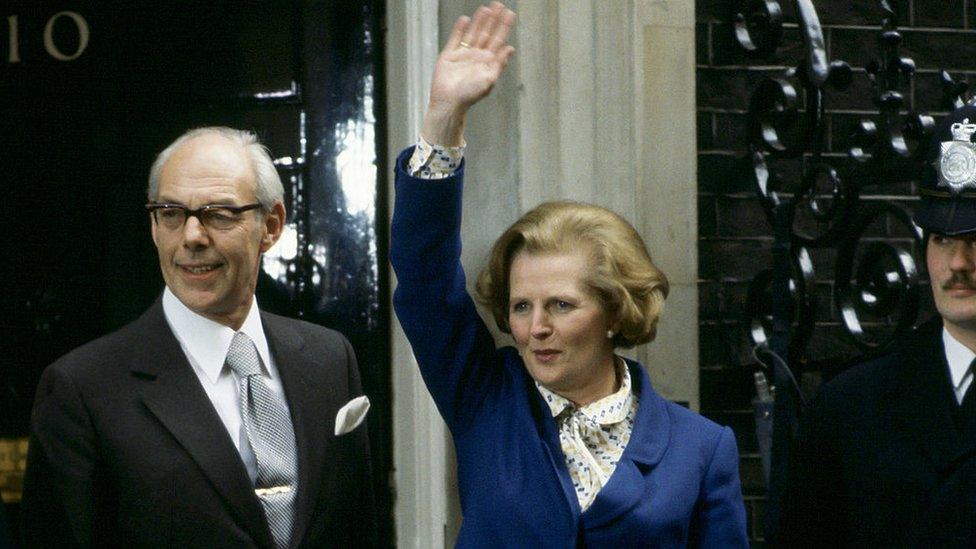
Margaret Thatcher called for European reform
Nearly half a century of the UK's membership of the European Union and its predecessor organisations ended in January of course.
What has now ended is the UK's economic membership of the bloc. Forty-eight years in the European customs union, basically the Common Market, and 28 years in the single market.
The Single Market was a creation for which the UK has paternity rights. It was Margaret Thatcher's rallying call for European reform, her calling card to unleash a wave of Japanese investment in post-industrial Britain and shepherded into existence by her appointee as commissioner Arthur Cockfield.
'Tortuous negotiations'
Its creation served the UK's economic interests, as it grew the home domestic market available for British exporters without tariff or non-tariff barriers, eventually to nearly half a billion Europeans. It was not without irony that the tortuous negotiations of the past four years were made tougher by the EU's insistence on defending what it calls the "internal market", itself created by the British.
Confused by Brexit jargon? Reality Check unpacks the basics.
Indeed the institutional underpinning of this huge marketplace became too much for Mrs Thatcher. Famously she became suspicious of Commission President Delors turning up to tell the TUC that through the European Union workers could reassert rights rolled back by the Conservative Government.
At her 1988 Bruges speech PM Thatcher replied: "We have not successfully rolled back the frontiers of the state in Britain, only to see them re-imposed at European level, with a European super-state exercising a new dominance from Brussels."
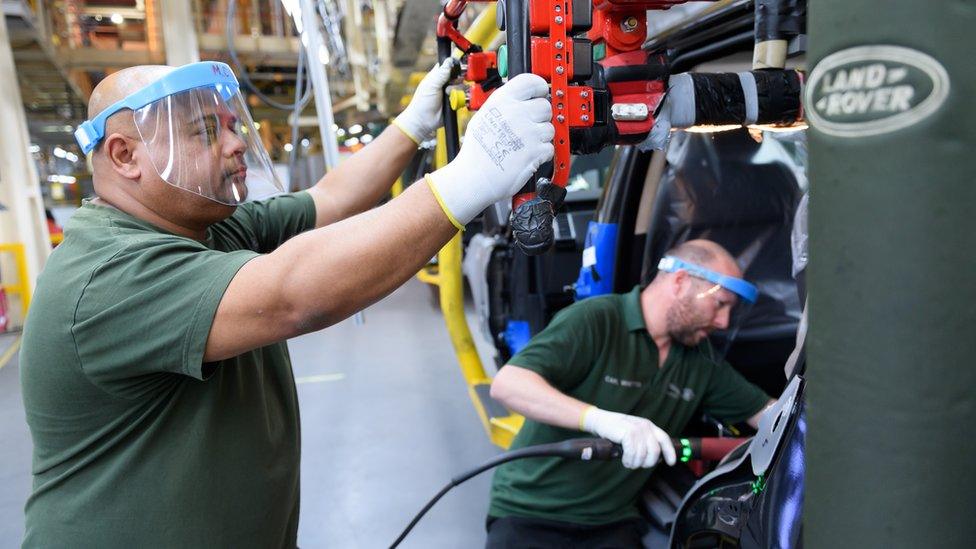
The car industry was the prototype for the single market
Perhaps this was the beginning of the path to Brexit, carried along by the push to monetary union and resentment at the overreach of the European Court of Justice and the considerable impact of the "direct effect" of community and then union law.
The car industry was the prototype for the single market. Mrs Thatcher's campaigning for EEC membership was quickly followed by a charm offensive that began as opposition leader to get Japanese investors to build high tech factories to sell cars tariff-free across Europe.
For the UK it would provide employment, technology, capital and competition for the languishing nationalised UK-owned auto sector.
Conformity
Ongoing membership of the EEC, restrictions on union activity and investment tax breaks were part of the deal communicated in writing to the then chairman of Nissan.
The Datsun Bluebird was being developed in Sunderland and around the same time the Italians and the French threatened to slap tariffs on what they saw as a Japanese ruse to avoid tariffs and undercut their industry.
The UK government quickly communicated that it was willing to take this matter to the European Court of Justice. The attempt to kill the Nissan factory at birth was fended off.
From this, the UK car industry and other advanced manufacturing prospered from being plugged into rapid continent-wide supply chains, delivering each part just in time and just in sequence.
All of that was enabled by conformity of regulations, standards, zero tariffs and the eradication of non-tariff barriers, for sale, but also within the manufacturing process.
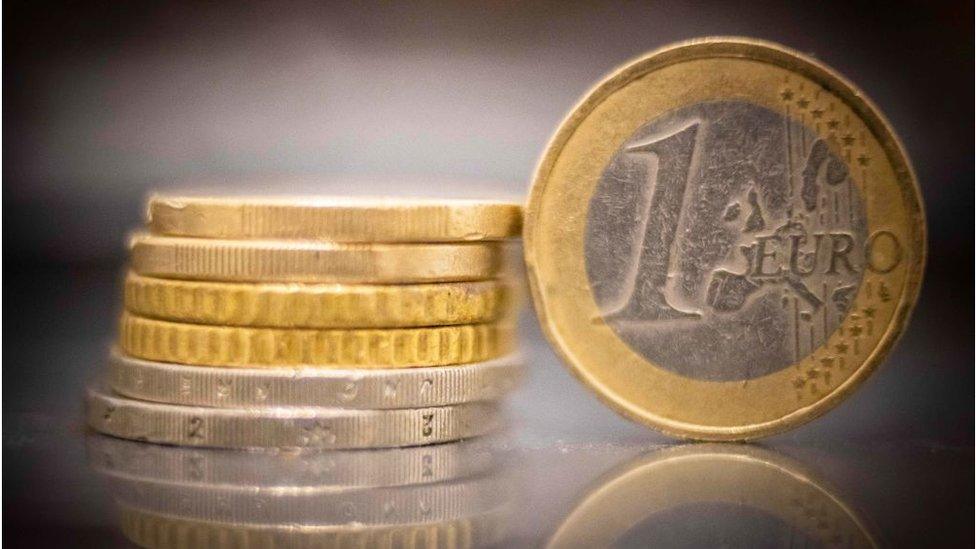
The UK became the financial centre for the euro
Similar stories could be told about the pharmaceutical industry, chemicals, the food industry, aerospace, and financial services.
Within the EU, the UK even became the financial centre for a new currency, the euro, which it did not participate in.
The single market itself, with regulations set and enforced in Brussels, became a player on the world stage. And yet there was a balancing act. The UK could influence the direction of one of the biggest tankers in the sea but was restricted in acting more nimbly in new industries. In some sectors, the UK's trade dealings with the US or Asia were more important than with Europe.
And so this tension led to breaking point. And for the Conservative Party in particular the single market's institutions it created and championed, became something akin to Frankenstein's monster.
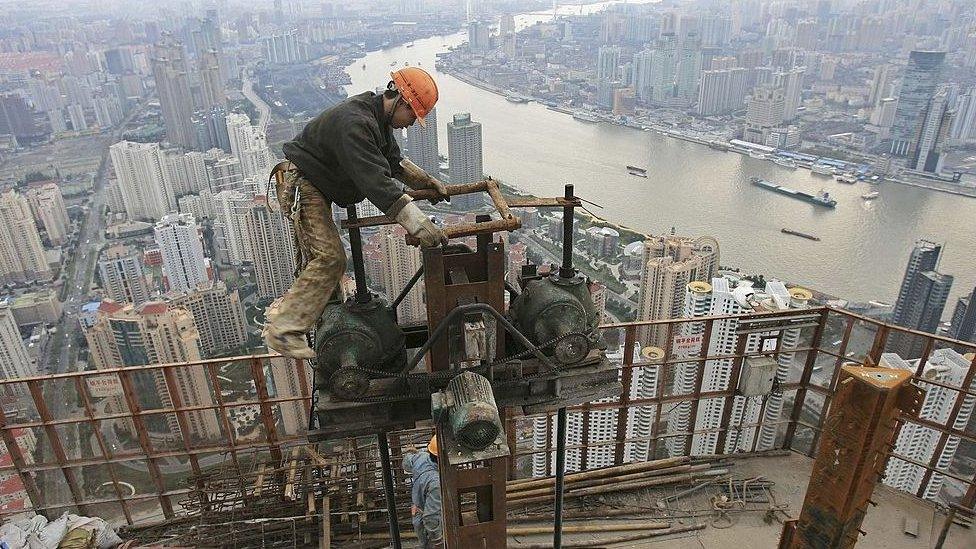
The EU has agreed an investment deal with China
Some Brexiteers had hoped that the edifice would collapse once the UK left. But it has proven more robust than that. Indeed, Brexit has proven a catalyst of the EU to sign trade and investment deals far more quickly, including even with China.
So now the UK finds itself outside of the machine it created as its strategic competitor. The trade negotiation wasn't primarily about trade. Great Britain has declared regulatory independence, or to be more specific, has declared as much regulatory independence as is compatible with a zero-tariff trade deal.
The EU retains levers and switches to turn off some of these tariff advantages should the UK use the deal to turn into an offshore tariff free assembly hub for US and Asian manufacturing to be traded into the single market. Unlike with Nissan four decades ago, the European Court of Justice will no longer be there.
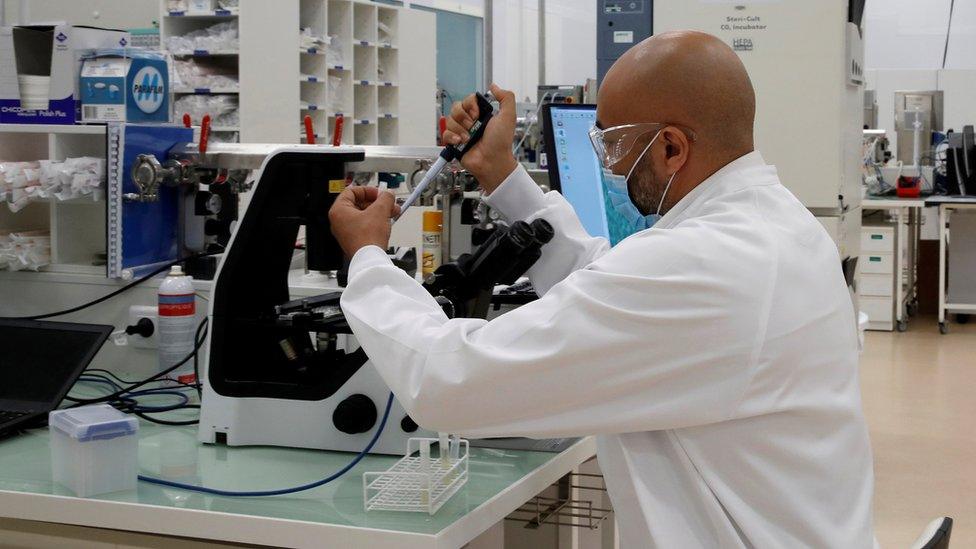
The global pharmaceutical industry offers an opportunity for the UK
The PM wants regulatory competition but his own deal contains disincentives, if not actual restrictions, on competing "unfairly" or too much.
So the strategy matters. Britain is free, but to do what exactly? To level up? Well the regions that need levelling up are the ones that are actually most dependent on exports to Europe. Exports to Europe will be spared tariffs, thanks to the deal, but there will be literally millions of non-tariff barriers, that the economists calculate matter more, from health checks, customs formalities, origin paperwork, assessments of standards etc.
Even to qualify for tariff-free treatment means, according to new government guidance on "rules of origin", analysis of how complicated is the process of grating cheese, of the shelling of nuts, and formalities on where the eyes of a doll come from. Most apply legally from tonight, having been absent for decades.
The sweet spot for UK will now be to deploy regulatory freedom in sectors that are truly global, where we are not already overly dependent on EU markets.
Certain sub-sectors within technology, finance and pharmaceuticals, for example. In each of these sectors the UK is likely to have to offer more friendly regulation to the multinational private sector, than the EU.
It doesn't necessarily mean lower standards: It could be that UK medicines regulators, for example, build on the record of rapid approval for Covid vaccines in other medical areas.
'Picking winners'
The deployment of massive scientific networks within the National Health service, used for rapid clinical testing, could become the envy of the world.
Brexit Britain is likely to become a laboratory for the global economy. Car companies will need to be attracted with more permissive rules on data and, say autonomous driving testing. Some tech companies are already porting their UK customers to be served under US data privacy laws rather than more restrictive EU ones.
But the government will also have to be very active and judicious. We are already "picking winners" again, at least in the satellite business. What about electric power, where the EU will fight aggressively, versus hydrogen power?
There are a number of structural economic problems, from poor training, declining productivity and low investment that were not caused by EU membership which, in terms of non-tariff barriers, are made immediately worse by this type of Brexit, for which the UK has no option but to deal with.
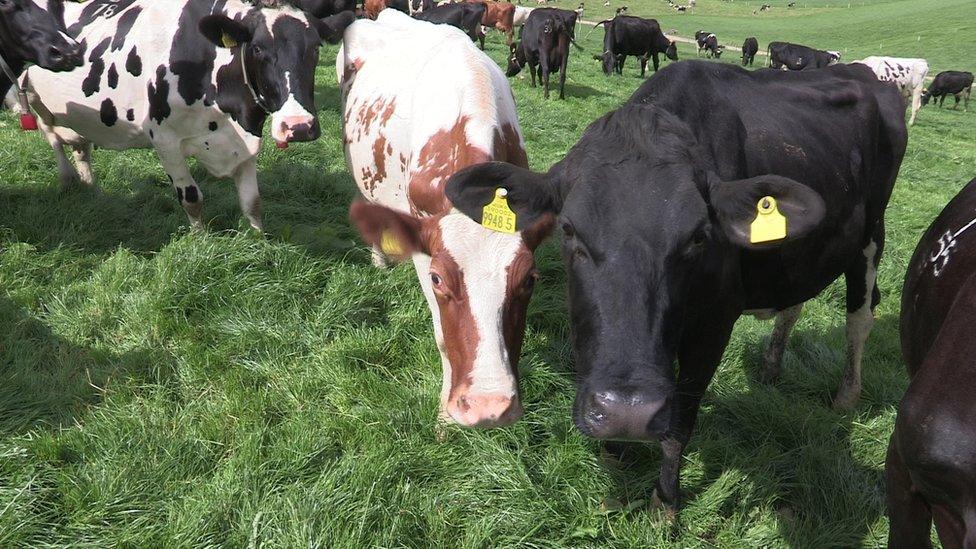
Northern Ireland is mostly left in the EU single market
That process of looking outwards may not come quickly. Holyrood and Stormont rejected the Brexit trade deal. The UK has replaced a single market of 500 million Europeans free of non-tariff barriers with a single market smaller than the size of the UK.
There is a trade border in the Irish Sea. Northern Ireland is mostly left in the EU single market. There are non-tariff barriers between Great Britain and Northern Ireland as a result of this deal.
Unpredictable knock-on effects
Lastly there are some big unknowns and unknowables.
The inadvertent diplomatic consequences of changes in trade patterns can be profound. If, for example, the eminent historian RW Johnson is to be believed, the UK's accession to the EEC in the first place created the conditions for the fall of South Africa's apartheid regime which was "hurt in several ways".
British trade was remodelled away from the Commonwealth to Europe, the EEC offered favourable trade with all of Africa except Pretoria. And then when Portugal followed its ally the UK into the EEC, its African colonies and white rule quickly lost to revolutions by black liberation movements in Angola and Mozambique.
"Thus the seeds of the 1976 Soweto uprising were sown" in part by the UK joining the EEC. Which is obviously not to suggest the reverse would be true. It is merely to say that events such as these can have very unpredictable knock on effects.
The Prime Minister has succeeded in taking the UK out of the Single Market created by his heroes. The UK now stands outside a system that it helped invent. For now its new single market is not the size of the country.
The test of all of this, is to make the UK's new single market the size of the globe.
